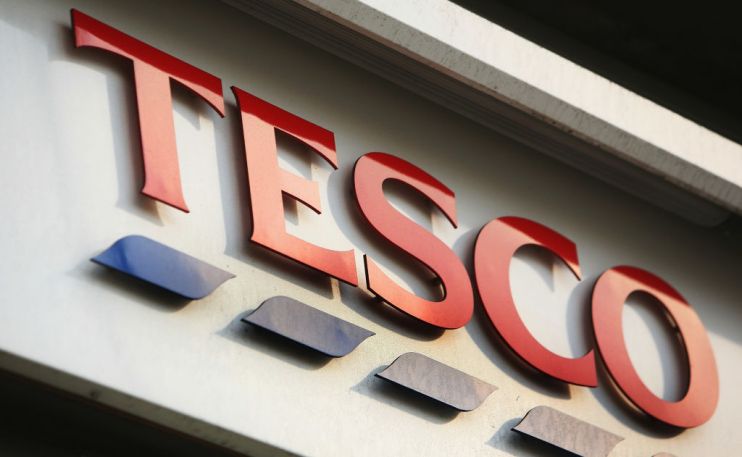Tesco profit surges but bosses warn of sky-high inflation side effects

Tesco warned it was under pressure to “keep the cost of the weekly shop in check” as it widened its profit guidance for the year ahead.
The UK’s largest supermarket said profit more than trebled last year, posting a pre-tax profit of £2.03bn on Wednesday.
The supermarket giant’s huge increase in earnings was powered by a six per cent rise in revenues, and a vast 1,025 per cent step up in retail cash generated from operating activities.
Its net debt has also been reduced by £1.4bn since last year driven by strong cash flow and a decline in its net debt ratio.
Meanwhile market share gains in UK, Ireland and central Europe, also enable Tesco to outperform on value and volume, the grocer said on Wednesday.
So far, £300m capital has been returned through its share buyback programme, committing to a further £750m by April 2023.
Its proposed final dividend of 7.70p per share takes the full year dividend to 10.9p per share – up 19.1 per cent year on year.
Ken Murphy, chief executive, said: “Over the last year, we delivered a strong performance across the group, growing share in every part of our business. We did this by staying focused on our customers and doing the right thing for our colleagues, our supplier partners and the communities we serve.”
With “significant uncertainties in the external environment,” the supermarket said it would provide a wider range of profit guidance than usual.
Guidance for the 2022/23 financial year was for retail adjusted operating profit of between £2.4bn and £2.6bn.
With inflation hitting seven per cent, Murphy told reporters on Wednesday mornings that customers were already “planning changes to how they shop” and had started “looking really critically at where they spend their money.”
Own brand products would “play an important role” in the shift in consumer behaviour, the supermarket boss added.
However, he cautioned that it was still “early days” with customers only just having to pay hiked energy bills this month and more cost hikes to come this spring. The supermarket boss said some changes were related to lockdown restrictions easing, with shoppers returning to offices and dining out more.
Industry figures have already highlighted more shoppers heading to discount retailers Aldi and Lidl as the pressure on households builds.
The supermarket was aiming to increase prices “by a little less and a little later” than the rest of the market, Murphy said.
Brits are facing an intensifying cost of living crunch, with fresh figures revealing inflation hit seven per cent in March, the Office for National Statistics said yesterday.
Matt Britzman, equity analyst at Hargreaves Lansdown, said price match campaigns with rivals “doesn’t come cheap.”
“Keeping that proposition alive is going to cost more in the coming year than ever before as inflation hits both Tesco’s own costs and their customers’ wallets,” he added.
Tesco’s share price was down some three per cent on Wednesday afternoon after dipping five per cent in early trading.